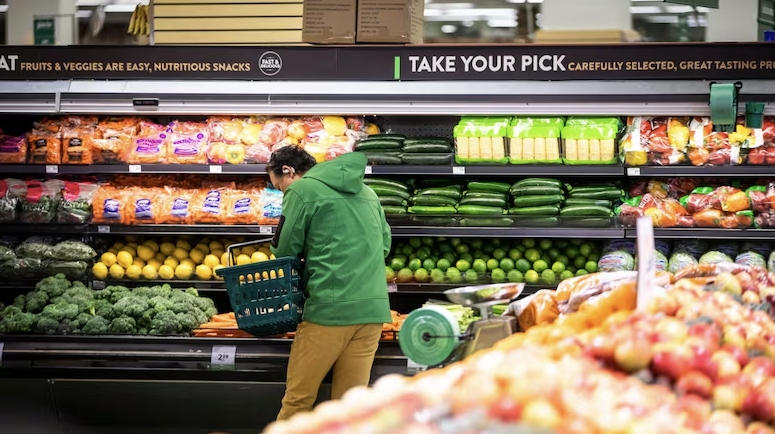The Trade War Has Arrived—Expect Grocery Prices to Climb First
Liam O'Connell
3/6/20252 min read


Canadians are about to feel the direct impact of the U.S.-Canada trade war, with grocery prices expected to rise first and hardest as tariffs disrupt supply chains.
On Tuesday, U.S. President Donald Trump officially imposed 25% tariffs on Canadian and Mexican imports and 10% on Canadian energy products. In response, Canada retaliated with 25% tariffs on $30 billion worth of U.S. goods, with another $125 billion worth of tariffs set to take effect in three weeks.
Grocery Prices to Climb First
Experts say food prices will be the first to rise, as perishables have short storage windows and suppliers must quickly adjust to higher import costs.
"We will see prices across the board going up," said Andreas Schotter, a business professor at Western University. Fruits, vegetables, dairy, and meat—which are among the goods targeted by Canada’s retaliatory tariffs—will likely see the most immediate price hikes.
However, some retail businesses may temporarily offer discounts as they clear out existing stock, says Schotter. But once those supplies run out, prices will climb sharply.
Other Consumer Goods Affected
Beyond groceries, the trade war will impact nearly every sector, leading to:
Higher liquor prices, as U.S. alcohol imports face new tariffs. Bars and restaurants will likely raise drink prices.
More expensive electronics and appliances, as many products cross the U.S. border multiple times before reaching Canadian shelves.
Increased car prices, due to tariffs on auto parts and supply chain disruptions.
Fewer product choices, as businesses slow U.S. imports and focus on alternative markets.
"Expect price hikes on electronics, computers, and other consumer products that either ship through or come from the U.S.," Schotter added.
‘Double Tariffs’ on Automobiles
The auto industry is expected to be one of the hardest-hit sectors, due to the way cars and parts are manufactured across borders.
"Brake pads made in Canada and shipped to the U.S. will face a 25% tariff. When the finished car is sent back to Canada, tariffs could apply again—on the entire vehicle’s value, not just the brake pads," explained Peter Morrow, an economics professor at the University of Toronto's Munk School of Global Affairs.
This double taxation effect will make new cars significantly more expensive for Canadian buyers.
Canadian Dollar in Freefall
Alongside tariffs, the falling Canadian dollar is making imports more expensive.
"Our dollar is dropping like a rock right now," Schotter warned. A weaker loonie means that even goods not directly affected by tariffs will become more costly.
As Canada braces for the full impact of the trade war, economists predict inflation could rise by up to 1%, pushing up costs for consumers at a time when many households are already struggling with affordability issues.
News
Stay updated with the latest BC news stories, subscribe to our newsletter today.
SUBSCRIBE
© 2025 Innovatory Labs Inc.. All rights reserved.
LINKS
